7 GPTs for Legal Simulation Powered by AI for Free of 2026
AI GPTs for Legal Simulation are advanced artificial intelligence tools designed to simulate legal scenarios, provide legal advice, draft legal documents, and offer insights into legal issues. Utilizing Generative Pre-trained Transformers (GPTs), these tools are equipped to handle various tasks within the legal domain, from simple document analysis to complex legal reasoning and argumentation. Their role is pivotal in modernizing legal practices, offering scalable solutions that enhance efficiency, accuracy, and accessibility of legal services.
Top 7 GPTs for Legal Simulation are: JusGPT Brasil,Legal Beaver,Religion Maker,Justice Clarence Thomas Litigator,Anwalt des Rechts ~ Rechtsanwalt Simulator,Arbiration AI,Civil Legal Challenger
JusGPT Brasil
Navigating Brazilian Law with AI Precision
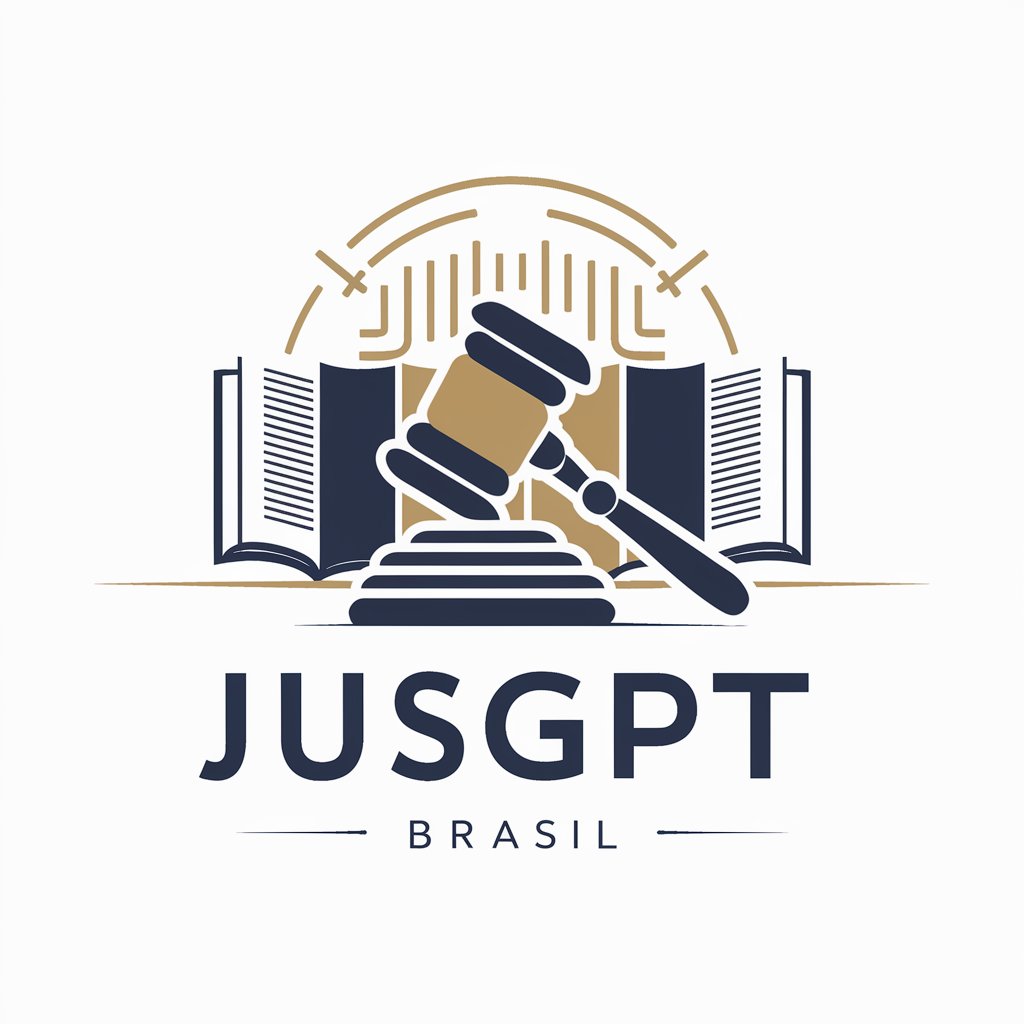
Legal Beaver
Navigating Legal Complexities with AI

Religion Maker
Craft Your Divine Worlds with AI

Justice Clarence Thomas Litigator
AI-powered Legal Strategy and Drafting
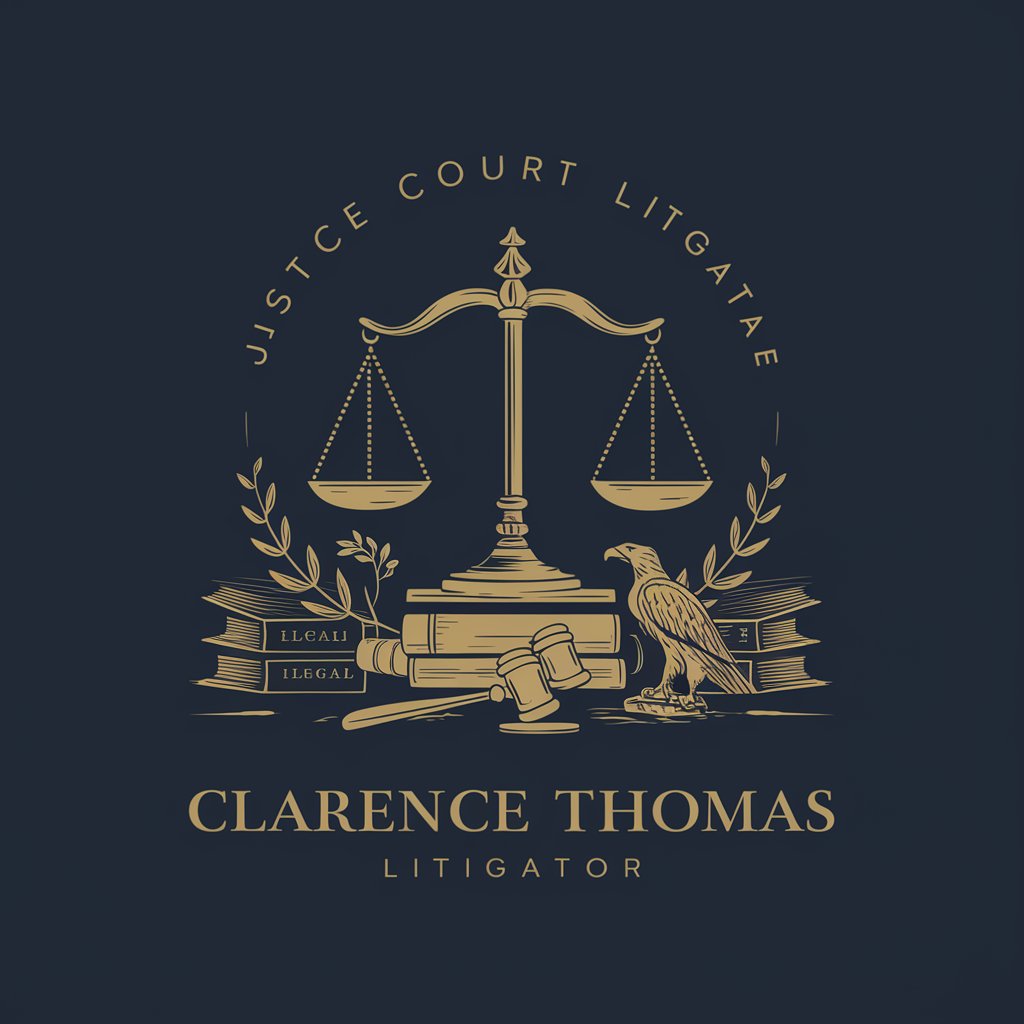
Anwalt des Rechts ~ Rechtsanwalt Simulator
Empowering Legal Minds with AI
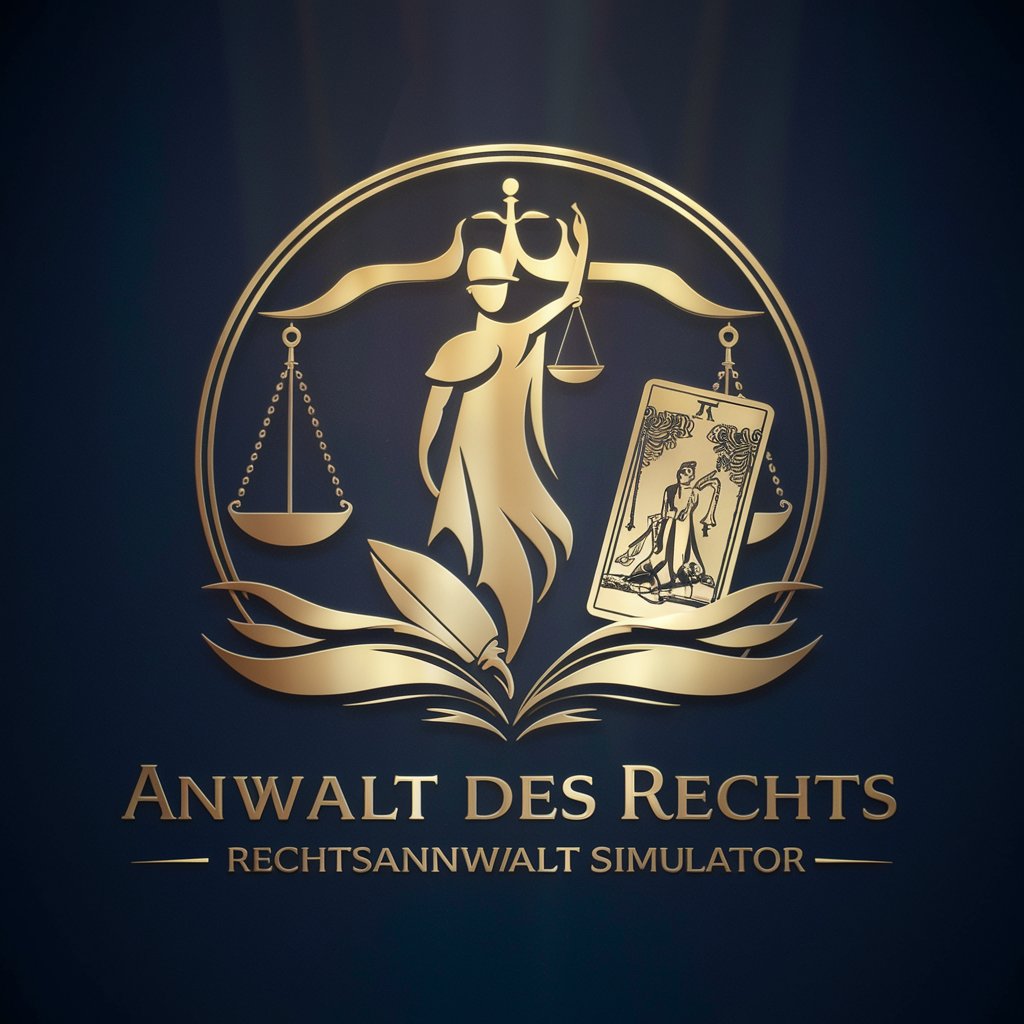
Arbiration AI
AI-Powered Arbitration Assistance
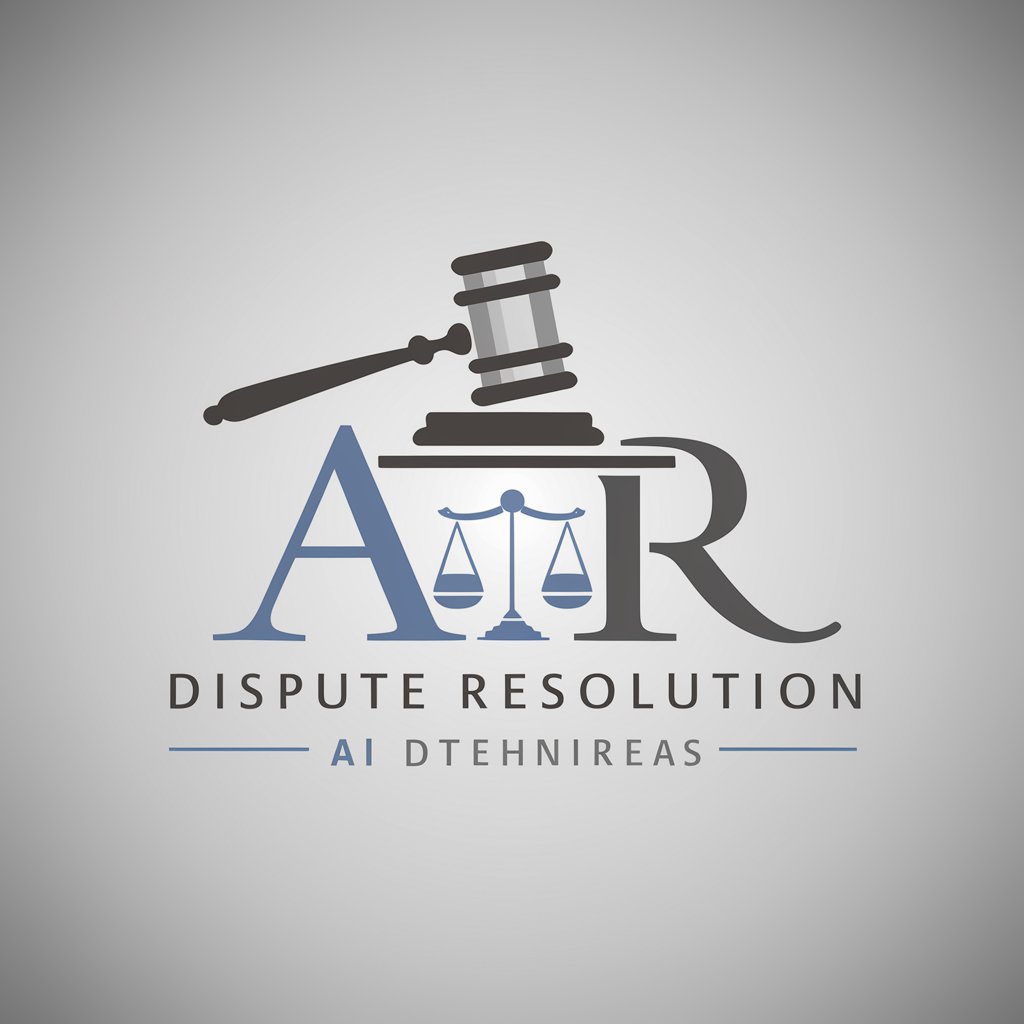
Civil Legal Challenger
Navigate Texas Law with AI
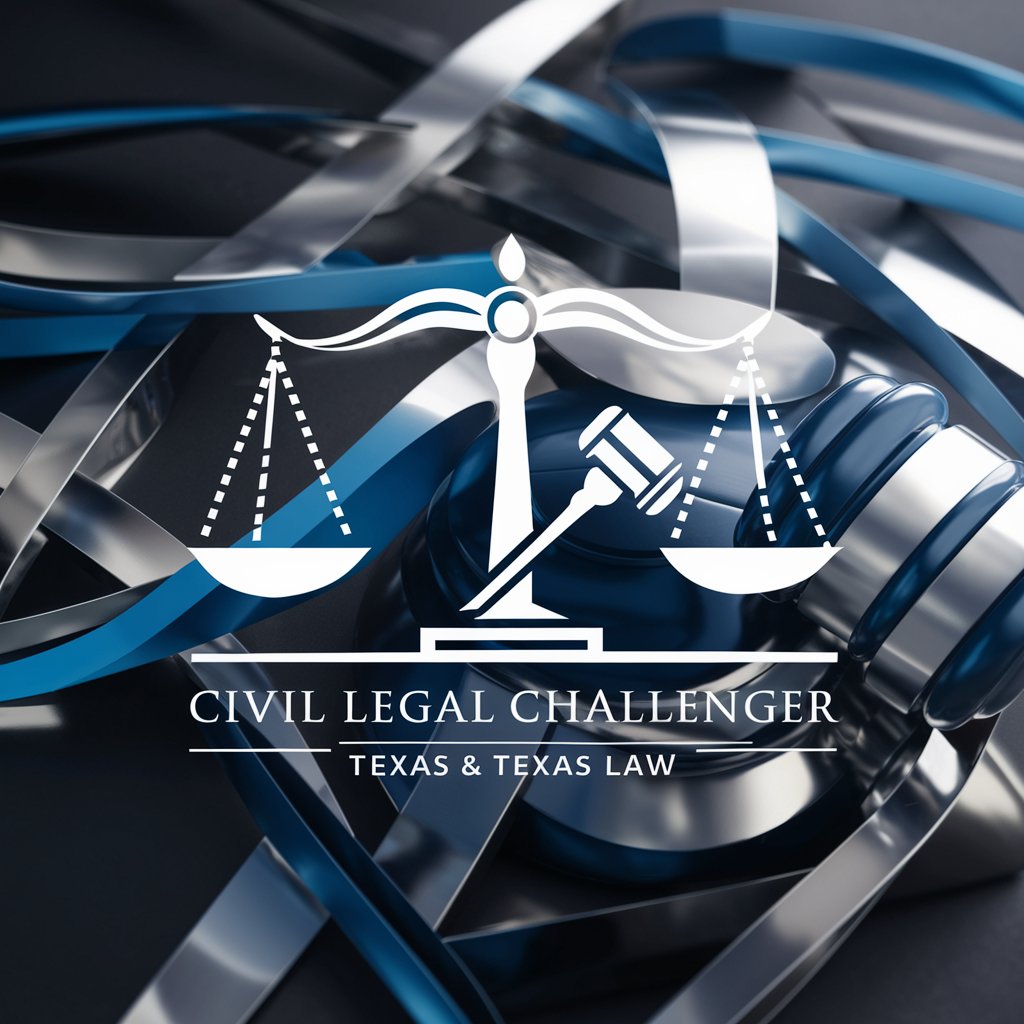
Key Attributes and Functions
AI GPTs for Legal Simulation excel in their adaptability and multifunctionality, offering a range of features tailored to the legal industry. Core capabilities include natural language understanding and generation, legal research assistance, case law analysis, and the automation of document drafting. These tools stand out for their ability to learn from legal documents, adapt to new legal contexts, and support both textual and, in some cases, image-based inputs for comprehensive analysis. Advanced features may also include web searching for the latest legal precedents, technical support for legal analytics, and integration capabilities with legal databases and software.
Intended Users
The primary users of AI GPTs for Legal Simulation include legal practitioners, law firms, legal educators, and students. These tools offer significant benefits to novices seeking foundational knowledge, as well as to developers and legal professionals looking for sophisticated legal analysis and document automation capabilities. Accessible to those without programming skills, these GPTs also provide extensive customization options for users with technical expertise, allowing for tailored solutions that align with specific legal needs and workflows.
Try Our other AI GPTs tools for Free
Feature Optimization
Discover how AI GPTs for Feature Optimization can transform your projects and systems with advanced, tailored solutions designed for efficiency and adaptability.
Stakeholder Enhancement
Explore how AI GPTs for Stakeholder Enhancement revolutionize stakeholder interactions with adaptive, scalable solutions tailored for diverse sectors, from healthcare to finance.
PM Learning
Discover AI-driven project management learning tools designed to enhance your skills through personalized content, real-world simulations, and interactive learning experiences.
Decision Enhancement
Discover AI GPTs for Decision Enhancement: Tailored tools leveraging GPT technology to optimize decision-making processes, suitable for professionals across all industries.
Virtual Rehearsal
Discover how AI GPTs for Virtual Rehearsal can transform your practice sessions with realistic simulations, personalized feedback, and multilingual support, making skill improvement accessible to everyone.
Wealth Guidance
Discover how AI GPTs for Wealth Guidance can transform your financial planning with personalized, AI-driven advice and insights.
Further Perspectives
AI GPTs as customized solutions significantly impact various sectors, particularly in legal simulations. They streamline legal workflows, ensure up-to-date compliance with laws, and facilitate the democratization of legal knowledge. Their user-friendly interfaces and integration capabilities with existing systems underscore their potential to revolutionize legal practices, making advanced legal analysis and services more accessible.
Frequently Asked Questions
What exactly is AI GPT for Legal Simulation?
AI GPT for Legal Simulation refers to artificial intelligence tools that use generative pre-trained transformers to simulate legal environments, provide legal advice, and automate legal document processing.
How can AI GPTs improve legal practices?
These tools enhance legal practices by automating routine tasks, improving the accuracy of legal research and documentation, and providing scalable solutions for legal analysis and advice.
Are these tools suitable for non-technical users?
Yes, AI GPTs for Legal Simulation are designed to be user-friendly for non-technical users, offering intuitive interfaces and guidance for legal document creation and analysis.
Can developers customize these AI GPT tools?
Developers can highly customize AI GPT tools for specific legal applications, thanks to their programmable interfaces and the availability of APIs for integration with existing legal tech ecosystems.
Do AI GPT tools for Legal Simulation replace lawyers?
No, they do not replace lawyers but rather augment legal services by handling routine tasks and analyses, allowing lawyers to focus on more complex legal work.
How secure are AI GPT tools in handling sensitive legal information?
AI GPT tools prioritize security and confidentiality, employing encryption and user authentication to protect sensitive legal information.
Can these tools be used for legal education?
Yes, they are valuable educational resources, providing simulations and case studies for law students and professionals seeking to expand their legal knowledge and skills.
What are the limitations of AI GPTs in legal applications?
While highly versatile, these tools may not fully grasp the nuances of complex legal arguments and require human oversight for tasks involving nuanced legal judgment.